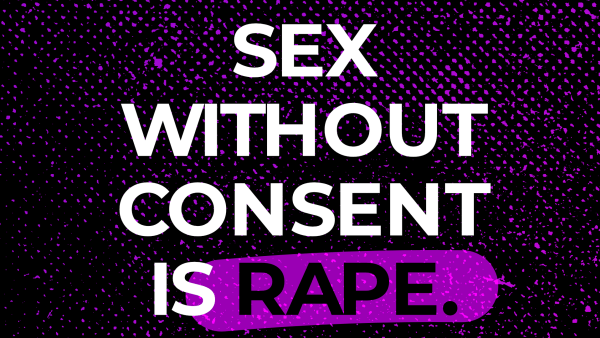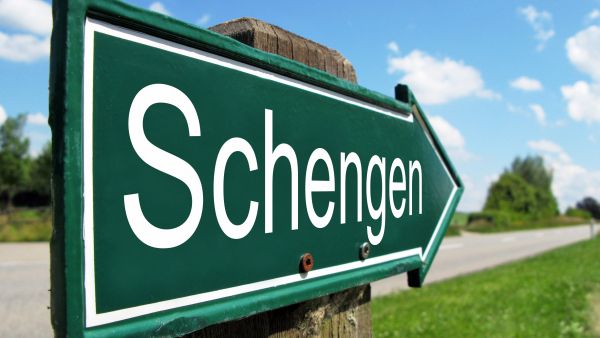Die Annahme der Agenda für Nachhaltige Entwicklung 2030 an diesem Wochenende durch die Staats- und Regierungschefs und die Hohen Vertreter in New York nach drei Jahren Verhandlungszeit stellt einen historischen Moment im Kampf gegen Armut und Ungleichheit und für das Erreichen einer nachhaltigen Entwicklung dar.
Die sozialdemokratischen Europaabgeordneten Linda McAvan, Elly Schlein und Arne Lietz nahmen als Mitglieder einer offiziellen Delegation des Entwicklungsausschusses des Europäischen Parlaments am UNO-Gipfel teil. Sie beteiligten sich an verschiedenen interaktiven Dialogen, Nebenveranstaltungen und bilateralen Treffen mit hochrangigen UN-Beamten, Vertretern der Zivilgesellschaft, Jugendorganisationen, dem Privatsektor und der akademischen Welt. In allen Treffen lag der Schwerpunkt auf der Wichtigkeit der Umsetzung der Agenda 2030, den Folgemaßnahmen, dem Überprüfungsprozess und der Entwicklungsfinanzierung. Die anhaltende Flüchtlingskrise und die grundlegenden Ursachen der Migration waren weitere Diskussionsthemen.
Die Vorsitzende des Entwicklungsausschusses des Europäischen Parlaments, die sozialdemokratische Europaabgeordnete Linda McAvan, sagte dazu:
„Wir begrüßen die Annahme der Agenda 2030. Unsere Rolle ist es jetzt, dafür zu sorgen, dass diese 17 ehrgeizigen Ziele in konkrete Taten umgesetzt werden. Ich wiederhole meine Aufforderung an die Mitgliedsstaaten, ihre Zusage von 0,7% des Bruttoinlandsprodukts für die offizielle Entwicklungshilfe zu erfüllen. Europa muss seine internen und externen Politiken besser abstimmen, die Öffentlichkeit für die Nachhaltigkeitsziele sensibilisieren und die Agenda wirksamer kommunizieren.“
Die sozialdemokratische Schattenberichterstatterin für die Parlamentsentschließung über die Entwicklungsagenda nach 2015, Elly Schlein, sagte:
„Es freut uns sehr, dass die Mitgliedsstaaten diese ehrgeizige Agenda mit allen 17 Nachhaltigen Entwicklungszielen (NEZ) verabschieden konnten, insbesondere die innovativsten Ziele zur Bekämpfung der Ungleichheiten, zur Gleichstellung der Geschlechter und zu friedlichen Gesellschaften. Außerdem ist es wichtig, dass die EU es geschafft hat, während der Verhandlungen mit einer Stimme zu sprechen. Ab jetzt sind wir alle Botschafter dieser neuen Ziele: Parlamente, Nichtregierungsorganisationen, Organisationen der Zivilgesellschaft und Bürgerinnen und Bürger. Wir werden deren Umsetzung genau beobachten und die Regierungen an ihre Verantwortung erinnern müssen, ihre Vereinbarungen einzuhalten, um sicherzustellen, dass wir die Ziele bis 2030 erreichen.“
Der S&D Abgeordnete Arne Lietz erklärte:
„Es ist ein großer Erfolg, dass eines der zentralen Ziele für nachhaltige Entwicklung den Schwerpunkt auf gute Staatsführung legt. Das ist zugleich ein wichtiger Eckpfeiler für die Erreichung anderer Ziele und für deren Nachhaltigkeit. Die Nachhaltigen Entwicklungsziele erfordern, dass alle Länder – Industrieländer und Entwicklungsländer – ihre nationalen Politiken grundlegend verändern. Dazu zählt, dass sie die sozialen und kulturellen Rechte ernst nehmen und die noch immer offenen UN-Protokolle zu diesen Themen unterzeichnen.
Der nächste Schritt ist die Umsetzung der Agenda. Das wird ein starkes Engagement aller Akteure erfordern, einschließlich Regierungen, Parlamente, Zivilgesellschaft und Privatsektor, sowohl innerhalb der EU als auch weltweit. Um die drei Dimensionen nachhaltiger Entwicklung – die soziale, die wirtschaftliche und die ökologische – auf ganzheitliche Weise zu integrieren, ist eine bessere politische Kohärenz notwendig. Die Parlamente – einschließlich des Europäischen Parlaments – werden im Folgeprozess und bei der Kontrolle der Durchführung der NEZ eine entscheidende Rolle spielen.“
After 3 years of negotiations the adoption of the 2030 Agenda for Sustainable Development this weekend in New York by the Heads of State and Government and High Representatives, represents a historical moment in the fight against poverty, inequality and achieving sustainable development.
S&D MEPs Linda McAvan, Elly Schlein and Arne Lietz attended the UN Summit last weekend in the framework of the official European Parliament's delegation of the development committee. They took part in various interactive dialogues, side events and bilateral meetings with high-level UN officials, civil society representatives, youth organizations, the private sector and the academia. All meetings focused on the importance of the implementation of the 2030 Agenda, the follow-up and the review process and financing of development. The ongoing refugee crisis and the root causes of migration were also among the issues discussed.
The Chair of the European Parliament development committee, S&D MEP Linda McAvan said:
"We welcome the adoption of the Agenda 2030. Our role now is to make sure that those ambitious 17 goals are translated into concrete actions. She reiterated her call to member states to fulfil their commitment to 0.7% of GDP to Official Development Aid. "Europe needs to better coordinate its internal and external policies as well as to raise public awareness on the sustainable goals and to communicate more effectively the Agenda."
Shadow rapporteur on European Parliament Resolution on post-2015 development agenda, S&D MEP Elly Schlein said:
"We are very happy that the member states were able to adopt this ambitious agenda with all the 17 Sustainable Development Goals (SDGs), in particular the most innovative ones on fighting inequalities, on gender equality and on peaceful societies. Furthermore, it is important that the EU managed to speak with one single voice during the negotiations. Now we will all be ambassadors of these new goals: parliaments, NGOs, civil society organizations and citizens, we will have to monitor closely their implementation, and hold governments accountable to what they agreed to, to make sure we will reach the goals by 2030."
S&D MEP Arne Lietz pointed out:
"It is a great success that one of the central sustainable development goals focuses on good governance which is also an important corner stone for the achievement of other goals and to keep them sustainable. The SDGs will require all countries, both developed and developing, to make a major shift in their national policies including taking social and cultural rights seriously and signing the still open UN protocols on those topics."
The next step is the implementation of the Agenda which will require a strong commitment of all actors including governments, parliaments, civil society and the private sector both inside the EU and globally. Better policy coherency is needed in order to integrate in a holistic manner the three dimensions of sustainable development social, economic and environmental. Parliaments including the European Parliament will play a critical role in the follow-up and monitoring process of the implementation of the SDGs.








